Southgate deserves praise for a novel England approach
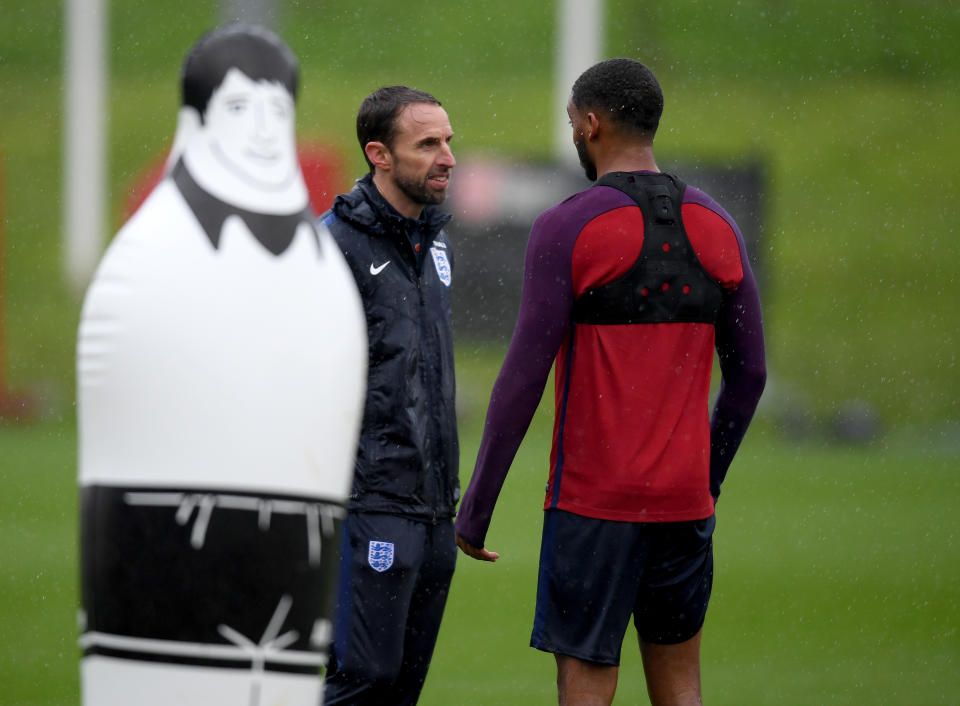
In the past, it was much easier to hold out little hope for Gareth Southgate, and to possess even less expectation. The first matches of his tenure did little to suggest that he was going to be able to attempt the change that England needed, and from his past and demeanour, he did not appear to be a serious candidate.
The results he enjoyed backed that up. Yes, England had qualified for an international tournament, as they nearly almost do, but no, there was no reason to believe that things would become any different.
Now it is much more reasonable to believe that at the very least, there will be real change, even if expectation needs to remain on the floor because of the simple fact that this is England, and the players are English. We do not do consistent out-performance. Any past surprise has been from one-off moments of competence within matches, let alone entire matches or consecutive games in serious tournaments.
At the beginning, Wayne Rooney was kept on as captain. Given he had been a dreadful player for years, it seemed like Southgate was another clown willing to sacrifice part of his career because he either would not or could not see these obvious facts.
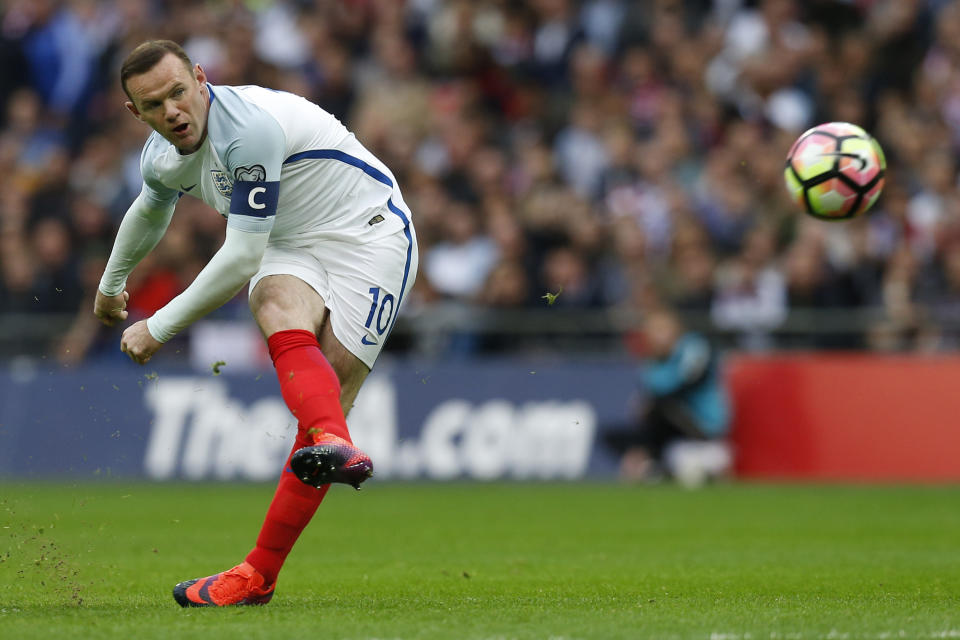
By May, Rooney was out of the squad because he simply wasn’t good enough. By the start of the season, he had been given the chance to retire from international duty supposedly on his own terms. Jose Mourinho had hung Rooney out to dry with the poverty of his performances over the course of last season, but Southgate’s termination of Everton’s biggest disappointment was adroitly done.
There have been other improvements, coming at the expense of other mediocrities. Joe Hart has played more than Rooney, but Southgate is happy to start looking for alternatives. Famously, Hart can’t save anything that’s sent to his left, as West Ham’s owners have discovered. It doesn’t matter how much Hart screams in the tunnels or at ballboys, if he can’t save at least 50% of shots coming towards him, it is best that Southgate finds someone else.
READ MORE: England v Germany: Three Lions Player Ratings From Wembley
READ MORE: No goals, but plenty of potential: Five Things We Learned from England v Germany
READ MORE: Golden oldies – the Premier League age-defying XI
Jordan Pickford’s impressive display against Germany suggests that at the very least, we have someone else to pin unreasonable expectations on – he hasn’t failed us yet.
Hart and Rooney, though, display the obvious problems that the average observer, and even the below average football blogger, could identify and remedy to some degree. There were other weaknesses that England can reliably showcase, and Southgate has shown two positive decisions to make an improvement.
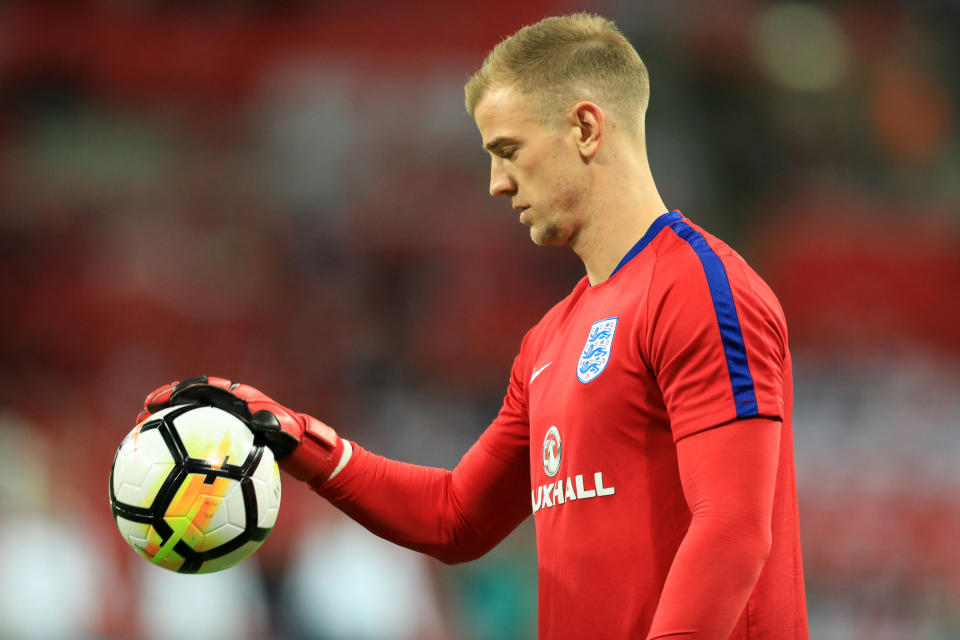
Chris Smalling was isolated for criticism by Southgate earlier in the season. The England manager believed that Smalling was not sufficiently competent with the ball at his feet, and that the new way England would play would be with players who could all control, receive and release the ball reliably. It feels bizarre that England have been happy to play for decades without what should be a prerequisite – if you want to play football at the highest level, you should probably be able to use the football itself.
In international, and all football really, being able to keep hold of possession when you need it is vital. It gives you the chance to rest, and it gives players the ability to play their way out of pressure, or to try something special and inventive – all the things that England have failed at in the past.
Smalling, or any other central defender, is unlikely to need to perform a Cruyff turn on the edge of the opposition box, but he may need to locate a teammate three yards away with two opponents sprinting towards him.
As it stands now, Smalling can’t be relied upon to do what should be a basic task. Smalling has made Southgate’s decision easier for him because his lack of concentration means that he is not a consistent old-fashioned central defender, either. There is a place in some matches for backs-against-the-wall clogging, but Smalling is not resilient enough for that task.
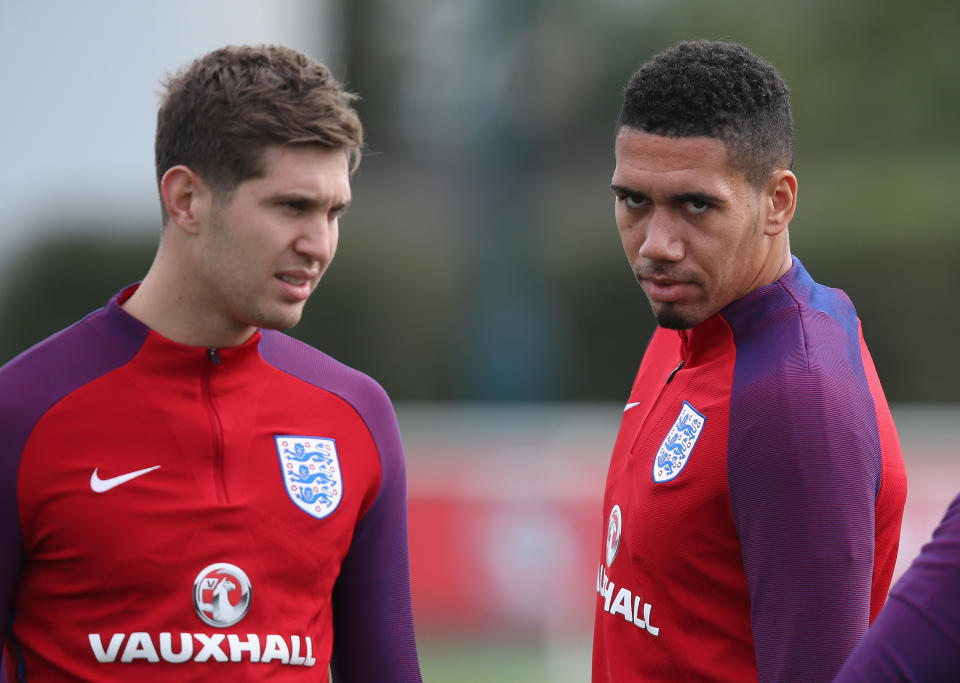
Nevertheless, Smalling’s current club means it is a trickier decision than it should be. For decades, playing for Manchester United and other top teams has meant that, if you’re English, you are almost guaranteed your place in the national squad.
Southgate has broken with that habit in the last few weeks, and given less prominent players the chance. Harry Maguire, Jake Livermore, Jack Cork, Lewis Cook, Michael Keane and Ryan Bertrand play for mid-table clubs, but it is the style of play which is clearly more important than reputation or club.
There are reasons to doubt Southgate. The way he criticised Smalling was justified in fact, but not by general decency. He also appears to have a certainty of where England have gone wrong in the past, with no evidence of his managerial career in club football that he is the man to address the cultural deficiencies.
That doesn’t mean he won’t be able surprise us, and make England at least worth watching again, if not anything special. But for now, Southgate deserves credit for at least trying something new for England for the first time since Glenn Hoddle.
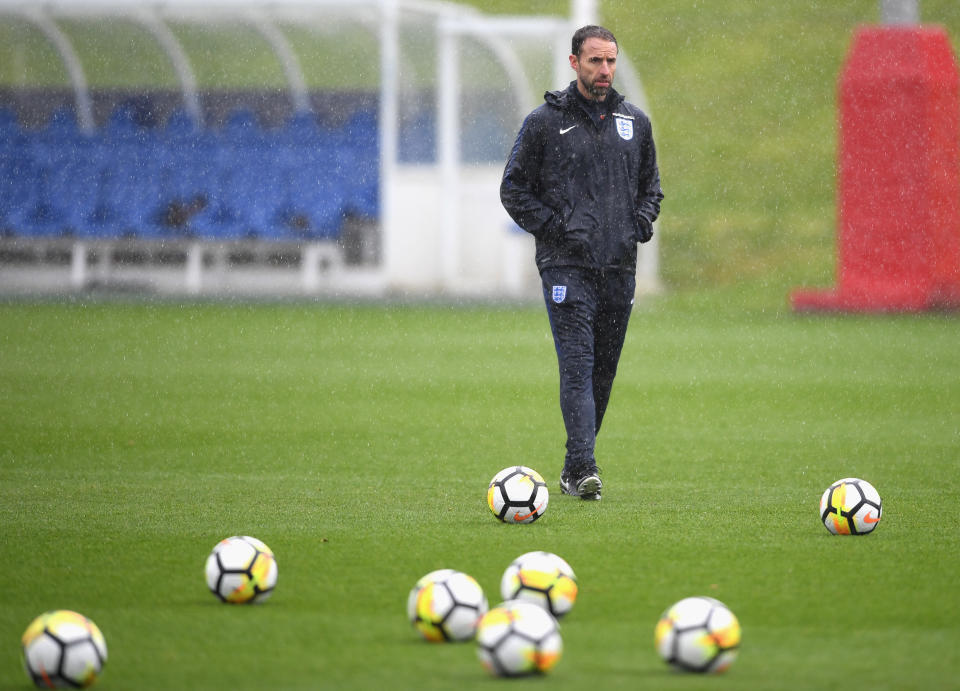

 Yahoo Sport
Yahoo Sport 






































